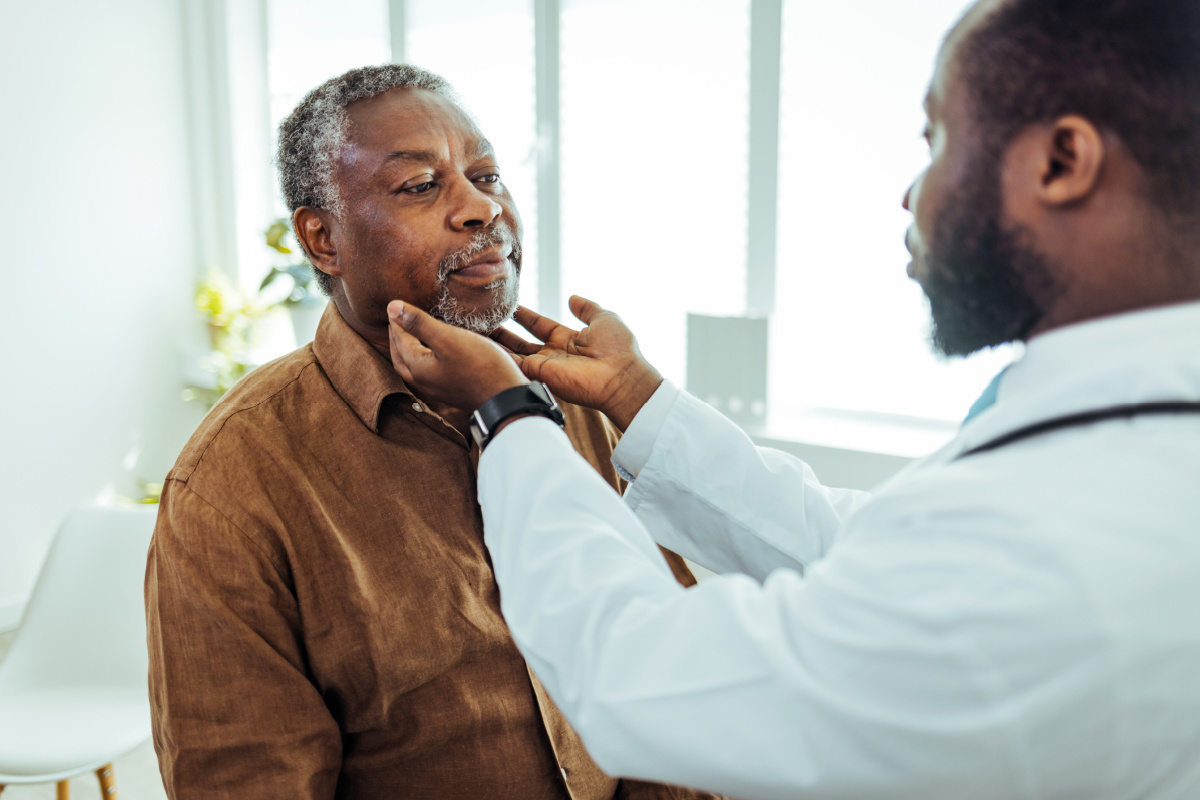
Sep 7, 2022
Your pre-surgical consultation is a critical part of your surgical journey. This appointment allows not only for your oral and maxillofacial surgeon to evaluate you and determine if you are a good candidate for surgery, but also for you to get to know them, determine if they are an ideal match for your needs, and ask questions.
Here are 4 important topics to cover with your oral and maxillofacial surgeon, as well as associated questions to add to your list:
1. Your options for this procedure
Even if the surgical procedure that is recommended for your needs seems fairly settled, there are choices you may have, such as the type of anesthesia used. Certain procedures may also involve other options, so be sure to ask:
-
Am I a good candidate for this surgery based on my medical history and medications?
-
What are the options for this procedure?
-
What type of anesthesia will I have, and how will it affect my body?
-
Who will perform my anesthesia?
-
Where will my incisions be? Will I have a scar?
-
What is my diagnosis, and when is the best time to undergo this surgery based on my condition?
-
What costs will I be responsible for?
An excellent surgeon will make it their priority to carefully explain your procedure in detail; still, it is wise to prepare in advance so that all topics are covered and you can head into your surgery well-educated and with greater peace of mind.
2. Preparing for surgery and recovery
It is also critical to understand what your recovery will be like. Knowing what to expect allows you to ask yourself if you are prepared to clear your calendar and commit yourself to an appropriate recovery. Be sure to get answers to the following questions during your pre-surgical appointment:
-
When should I stop eating and drinking before surgery?
-
What medications will I need before and/or after surgery?
-
Where will my procedure be performed? Is the facility properly accredited?
-
When should I arrive for surgery?
-
Will I need a ride home? Will I be released the day of surgery (outpatient surgery) or stay overnight?
-
Should I avoid eating certain foods after surgery?
-
How will I sleep after surgery?
-
What is my recovery timeline? How long before I can return to exercise, working, childcare, and other activities?
-
Will I see you for follow-up appointments?
Your oral and maxillofacial surgeon should provide you with a booklet of pre-operative and postoperative instructions. Review these during your consultation in order to clarify any instructions at that time.
3. The potential complications and risks
While it may make some patients uncomfortable, a frank conversation about the possible risks or complications associated with your surgery is standard practice and helps to empower you as a patient. You may ask questions such as:
-
What are the potential risks and complications of this procedure, and how do you treat them if they arise?
-
What steps do you take to prevent complications?
-
What are the most common complications at your practice?
-
How do I contact you if I have questions or concerns after surgery, and what is your availability?
As a patient, it is extremely important to understand what signs of a complication to look for. Your surgeon should also explain to you the steps they take during surgery to prevent complications.
4. Your surgeon’s qualifications & board certification
One of the most important factors in a successful surgery is your surgeon. Be sure to ask about both their experience and their credentials to understand whether they are qualified to perform the procedure you require. You may ask questions such as:
-
Are you board-certified by The American Board of Oral and Maxillofacial Surgery (ABOMS)?
-
How long have you been practicing oral and maxillofacial surgery?
-
How often do you perform this surgery in a given month or year?
-
Do you hold hospital privileges, and where?
Note that board-certified oral and maxillofacial surgeons hold active, continuous hospital privileges or an equivalent for your safety. They are trained to treat patients in outpatient surgery centers, ambulatory surgery facilities, and private offices, as well as in hospitals. They also provide evidence of updated Office Anesthesia Evaluations (OAE) in order to maintain their certification every five years.
Choose a board-certified oral and maxillofacial surgeon
The American Board of Oral and Maxillofacial Surgery (ABOMS) vets surgeons in the oral and maxillofacial specialty through a rigorous two-part exam and yearly Certification Maintenance, in which surgeons demonstrate a commitment to staying abreast of surgical best practices in the oral and maxillofacial surgery specialty.
Our Diplomates are passionate about patient education and empowering you to understand your choices. When it comes to choosing a surgeon with confidence, look for a surgeon who is board-certified by ABOMS and is skilled in the scope of oral and maxillofacial surgery as well as your specific procedure.